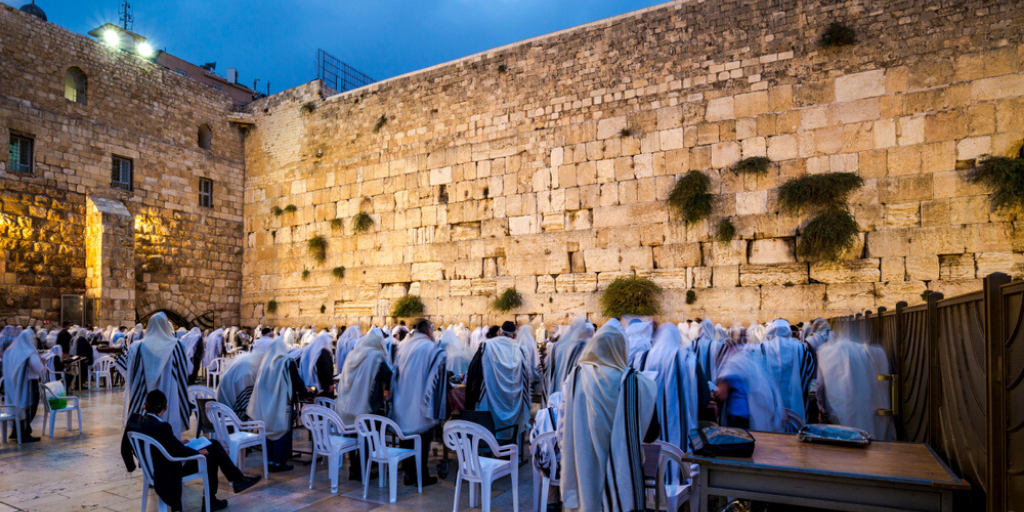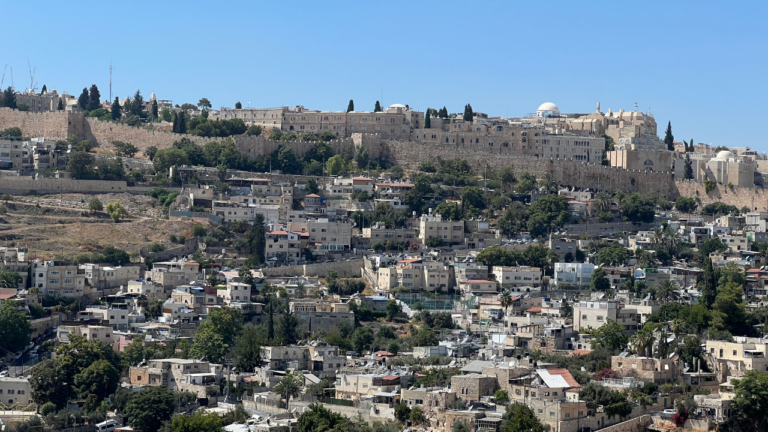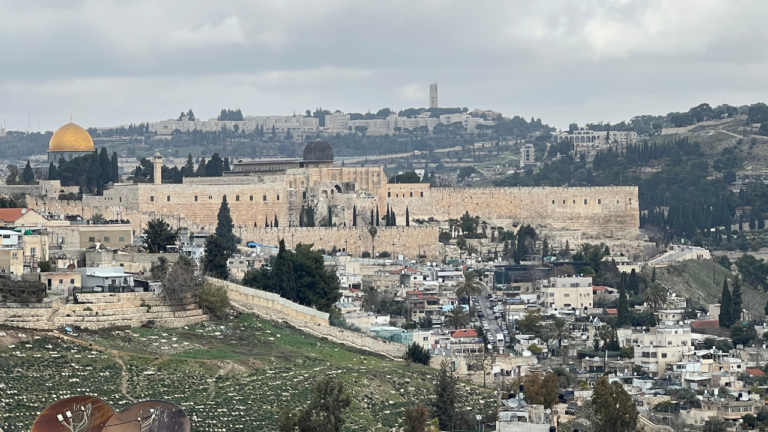The Grace of Jerusalem
When Yaakov and his family return to the Land of Israel, they make an extended stay near the city of Shechem:
And Yaakov came safely [to] the city of Shechem, which is in the land of Canaan, when he came from Padan aram, and he encamped (va-yichan) before the city.
On a simple level, the word va-yichan is the verb form of the word “machaneh” or camp.
The Sefat Emmet, though, notes that the Torah’s usage of the word va-yichan for encampment, hints at a deeper meaning. Homiletically, the word va-yichan is related to the word chen or “grace.” The Talmud teaches us that “the grace of a place is upon its inhabitants,” meaning that the people living in an area tend to loyally love their home despite its faults and disadvantages. This teaches of a deep connection between person and place.
Yaakov had previously lived in Padan Aram for twenty years. It was there that he married and raised his family. In fact, it was the only place that his wives and children knew. And yet, they did not feel “at home” there. The Torah is teaching us that the inner dynamic of homeliness only occurred for Yaakov’s “camp” when they returned to the Land of Israel. It was there that they immediately felt at home and fell in love with the Land, despite the hardships that they would encounter there.
As a prooftext for the deep connection between the Jewish people and the Land of Israel, the Sefat Emmet notes that the Torah describes them both as being “chosen” by God. In Tehillim chapter 132 it says: “For the Lord has chosen Zion; He desired it for His habitation.” Not long
afterwards in chapter 135 we read: “For God chose Jacob for Himself, Israel for His treasure.” The joint status of “chosenness” indicates a deep connection between the Jewish people, the Land of Israel and God.
It is both natural and noteworthy that the verse cited by the Sefat Emmet to indicate the “chosenness” and homeliness of the Land of Israel relates to Yerushalayim. In fact, the entire chapter of Tehillim is about Dovid’s strong desire to build the Beit HaMikdash in the capital city of Yerushalayim. While there is certainly a strong sense of homeliness throughout the Land of Israel, it is most manifest in Yerushalayim. This city is the ultimate home of both God and the Jewish people, “Here I shall dwell for I desired it.”



